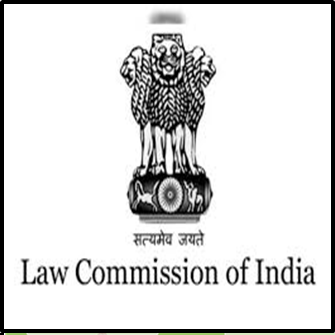CENTRE CONSTITUTES 23RD LAW COMMISSION UNTIL 2027
Why in the news?
The Centre has constituted the 23rd Law Commission, with a three-year term until August 2027, including full-time and ex-officio members, alongside serving judges from the Supreme Court and High Courts.
source:theeconomictimes
About Constitution of the 23rd Law Commission:
- Notification Issued: The Centre has officially notified the formation of the 23rd Law Commission. The Commission’s term is set for three years, lasting until August 31, 2027.
Composition of the Commission
- Full-time Members: The Commission will consist of a full-time chairperson, four full-time members, including a member-secretary.
- Ex-officio Members: The secretary of the Department of Legal Affairs and the secretary of the Legislative Department will serve as ex-officio members.
- Part-time Members: Up to five part-time members can also be appointed to the Commission.
Role of Judges in the Commission
- Judicial Involvement: Serving Supreme Court and High Court judges will act as the chairperson and members of the Law Commission.
- Tenure: They will serve in these roles on a full-time basis until either their retirement from the judiciary or the end of the Commission’s term, whichever comes first.
| About the Law Commission of India:
Nature: The Law Commission of India is a non-statutory advisory body established by the Government of India periodically. History: The first Law Commission of independent India was set up in 1955, while the initial commission during British rule was formed in 1834 under the Charter Act of 1833, chaired by Lord Macaulay. Purpose: It advises the Ministry of Law and Justice, conducting legal research and reviewing existing laws to recommend reforms and new legislation. Objectives and Composition
Notable Recommendations
Associated Article: https://universalinstitutions.com/22nd-law-commission-extended/ |






